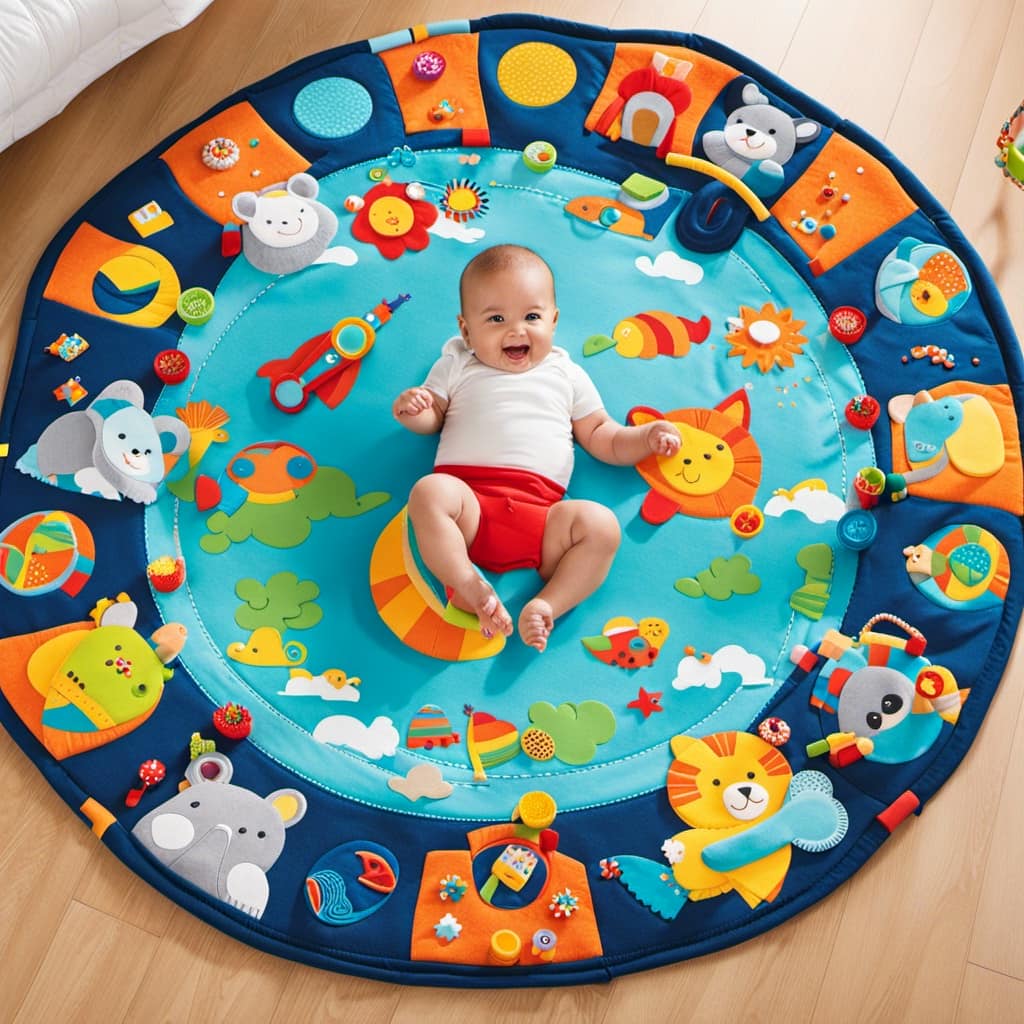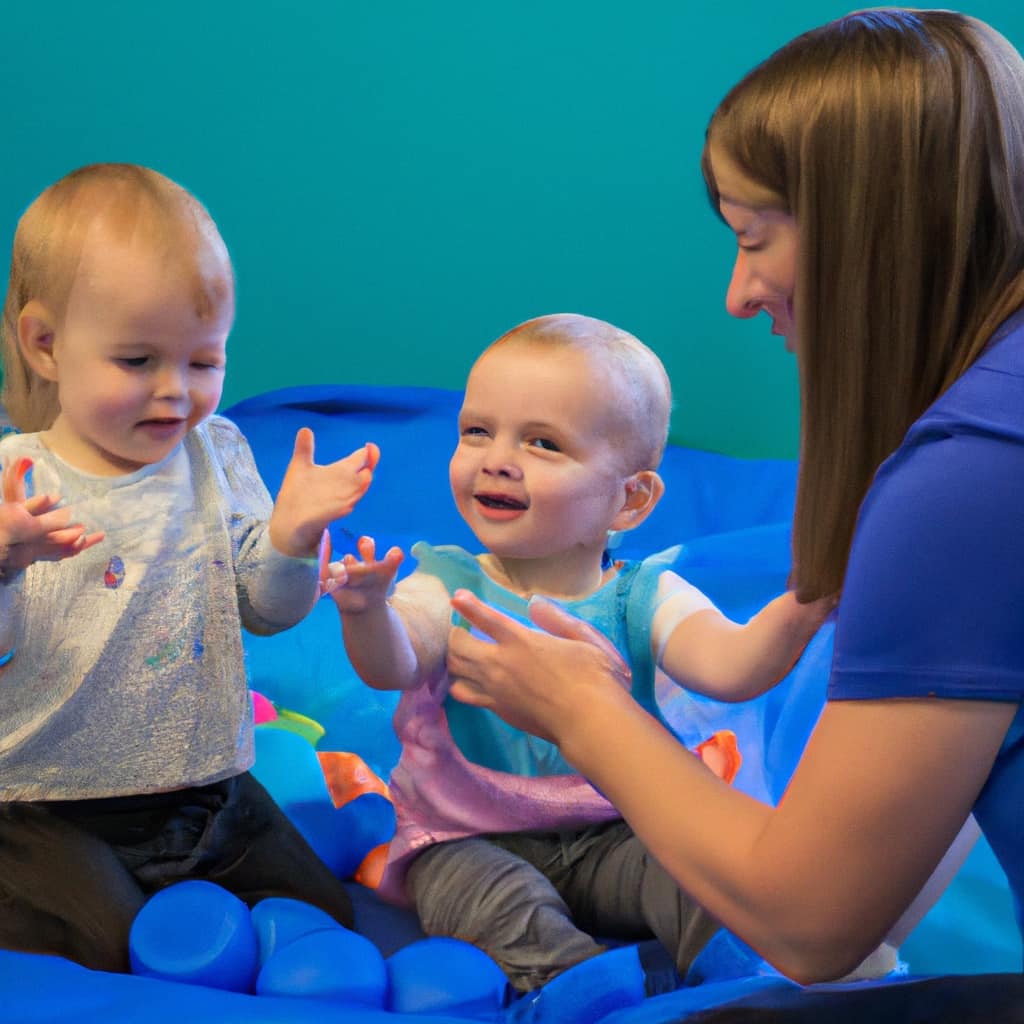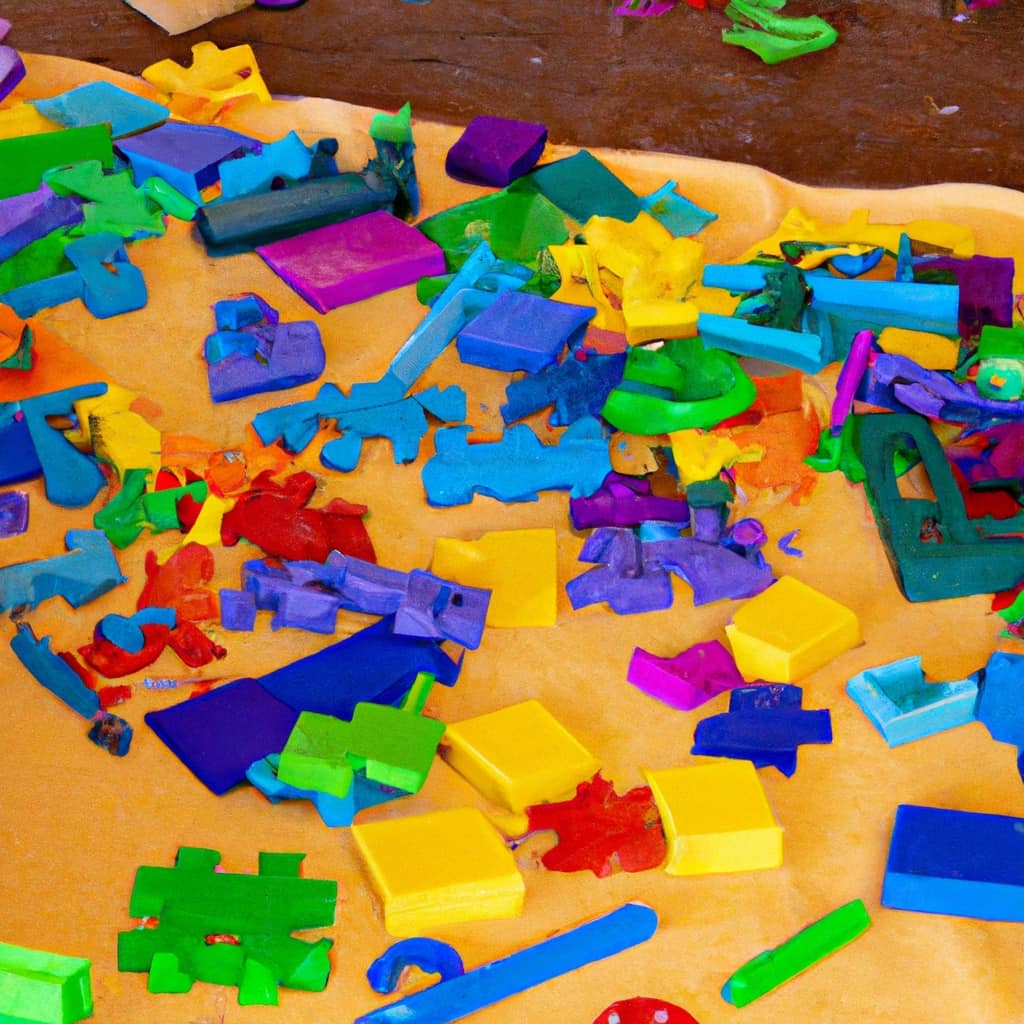As a student of child development, I have delved into the powerful impact of mental health on a child’s growth and development. It has a ripple effect, impacting their cognitive abilities, emotional well-being, language skills, and behavior.
Untreated mental health issues, such as anxiety and depression, can hinder concentration, academic performance, and emotional regulation. These challenges can persist into adulthood, affecting relationships, career success, and overall well-being.
It is crucial that we address mental health concerns in childhood to prevent these long-term consequences.
Key Takeaways
- Mental health issues can impair cognitive abilities, affecting concentration, attention, and academic performance.
- Emotional well-being plays a crucial role in social and emotional development, influencing relationships, emotional regulation, and effective communication skills.
- Mental health problems can hinder language and communication skills, leading to limited vocabulary and difficulties in expressing thoughts and feelings verbally.
- Mental health has a significant impact on behavioral development, learning, psychological well-being, emotional regulation, and social skills. Addressing mental health concerns is crucial for positive behavioral development in children.
Cognitive Development and Mental Health
As someone who has struggled with mental health issues, I have experienced firsthand how they can impair cognitive abilities. It can be difficult to concentrate, pay attention, and perform well academically.
The impact of mental health on executive functioning skills, such as planning, organizing, and self-regulation, is significant. These skills are crucial for academic success and are often hindered by mental health challenges.
Additionally, there is a clear relationship between mental health and attention span. Anxiety disorders, for example, can make it challenging to focus and maintain attention, affecting learning and information retention. Depression, on the other hand, can decrease motivation and interest in academic tasks, leading to a decline in academic performance.

Recognizing the impact of mental health on cognitive development is essential in providing effective support and interventions for individuals struggling with mental health issues.
Emotional Well-Being and Social Development
I believe that emotional well-being plays a crucial role in shaping our social and emotional development. Research shows that emotional well-being influences our ability to form secure attachments and develop effective communication skills.
When we have positive emotional well-being, we are more likely to have satisfying relationships with peers and family members. Our parents’ emotional responses and modeling of healthy emotional expression greatly impact our emotional regulation and social development.
Effective emotional regulation skills contribute to forming secure attachments and positive relationships with others. On the other hand, struggling with mental health issues can hinder our social skills, making it harder for us to engage in conversations and develop relationships. It can also affect our ability to express our thoughts and feelings verbally, leading to a delay in language development.
Therefore, prioritizing emotional well-being is essential for fostering secure attachments and developing effective communication skills.
Language and Communication Skills in Relation to Mental Health
Effective communication skills are crucial for language development and can be hindered by mental health issues. Children with mental health concerns may experience delays in language development, which can have a significant impact on their overall well-being. Language delays can lead to frustration, social isolation, and low self-esteem, further exacerbating their mental health issues. It is essential to address these challenges and implement strategies to improve communication skills in children with mental health issues. Creating a supportive and nurturing environment, providing speech therapy, and incorporating social skills training can help children develop effective communication skills. By addressing language delays and promoting effective communication, we can positively impact both the mental health and overall development of these children, enabling them to thrive and succeed in various aspects of their lives.

| Impact of Language Delay on Mental Health | Strategies for Improving Communication Skills in Children with Mental Health Issues |
|---|---|
| – Language delay can lead to frustration, social isolation, and low self-esteem. | – Create a supportive and nurturing environment. |
| – Language delays can exacerbate mental health issues. | – Provide speech therapy. |
| – Addressing language delays can positively impact overall well-being. | – Incorporate social skills training. |
Behavioral Development and Its Connection to Mental Health
Behavioral development is influenced by mental health and can have long-term effects on an individual’s well-being and relationships. The impact of mental health on behavioral development is significant. It affects various aspects such as learning, psychological well-being, emotional regulation, and social skills.
It is crucial to address mental health concerns in order to promote positive behavioral development in children. Understanding the underlying causes of behavioral issues related to mental health is essential for implementing effective interventions.
Strategies for intervention, support, and management should focus on providing appropriate and individualized care to address the specific needs of each child. This can include therapy, counseling, medication, and creating a supportive environment.
Long-Term Consequences of Untreated Mental Health Issues
Addressing untreated mental health issues in childhood is crucial to prevent long-term consequences that can impact various aspects of a person’s life. The relationship consequences and career implications of untreated mental health issues can be significant.
Research shows that individuals who experience untreated mental health problems in childhood are more likely to struggle with forming and maintaining healthy relationships in adulthood. These difficulties can stem from challenges with emotional regulation, communication skills, and trust.
Additionally, untreated mental health issues in childhood can hinder academic achievement and career success. Mental health problems may affect concentration, motivation, and problem-solving abilities, making it harder to excel in school and pursue fulfilling careers.

The Role of Mental Health in Academic Achievement
As an individual, I have seen firsthand how poor mental health can hinder academic achievement and hinder one’s ability to excel in school. The impact of mental health on academic performance is significant and cannot be overlooked.
Numerous studies have shown a clear relationship between mental health and educational outcomes. Students struggling with mental health issues often face difficulties in concentration, attention, and memory, which directly impact their ability to learn and perform well academically. Anxiety disorders can interfere with information retention, while depression can decrease motivation and interest in school tasks.
Moreover, mental health problems can affect executive functioning skills like planning and organizing, which are crucial for academic success. Recognizing and addressing mental health concerns is essential to support students’ overall well-being and optimize their academic performance.
Promoting Positive Mental Health in Child Development
In my experience, promoting positive mental well-being is essential for fostering healthy growth and optimal outcomes in children. It is important to implement strategies for early intervention and build resilience in children to ensure their mental health is prioritized.
Creating a nurturing environment, providing emotional support, and teaching coping skills are effective ways to promote positive mental health. Building resilience helps children develop the ability to overcome adversity and bounce back from challenges. Teaching them problem-solving skills, encouraging a growth mindset, and fostering positive relationships can contribute to their resilience.
Additionally, incorporating mindfulness practices and physical activities can help children manage stress and improve their overall well-being. By investing in their mental health and building resilience, we empower children to navigate life’s challenges with confidence and achieve their full potential.

Frequently Asked Questions
How Does Mental Health Impact a Child’s Ability to Form Secure Attachments and Develop Positive Relationships?
Mental health directly impacts a child’s ability to form secure attachments and develop positive relationships. It affects emotional regulation, which is essential for building connections and maintaining healthy interactions with others.
What Are Some Specific Cognitive Skills That Can Be Impaired by Mental Health Issues?
Mental health issues can impair attention and reduce problem-solving ability in children. These cognitive skills are crucial for academic success and overall development. Addressing mental health concerns is essential to support optimal cognitive functioning.
Can Mental Health Problems in Childhood Lead to Difficulties in Academic Achievement and Career Success in Adulthood?
Yes, mental health problems in childhood can lead to difficulties in academic achievement and career success in adulthood. Untreated issues impair cognitive abilities, hinder social development, and impact behavioral skills, affecting long-term outcomes.
How Does Emotional Well-Being Influence a Child’s Self-Esteem and Effective Communication Skills?
Emotional well-being greatly impacts a child’s self-esteem and effective communication skills. When children have positive emotional well-being, they are more likely to develop self-confidence and interpersonal skills, leading to satisfying relationships and effective communication with others.
What Are Some Long-Term Consequences of Untreated Mental Health Issues in Childhood on Overall Well-Being in Adulthood?
Untreated mental health issues in childhood can have long-term consequences on overall well-being in adulthood. It can impact academic achievement, career success, relationships, and overall mental well-being. Mental health interventions are crucial to prevent these long-term effects.
Conclusion
In conclusion, it is evident from extensive research that mental health has a profound impact on child development. Untreated mental health issues can impede cognitive development, hinder emotional well-being, hinder language and communication skills, and disrupt behavioral development.

These effects can have long-term consequences, affecting academic achievement, career success, relationships, and overall well-being in adulthood. It is crucial that we prioritize addressing mental health concerns in childhood to prevent these negative outcomes.
By promoting positive mental health, we can create a brighter future for our children, allowing them to thrive and reach their full potential. Remember, every child deserves a chance to flourish and grow, regardless of their mental health challenges.










